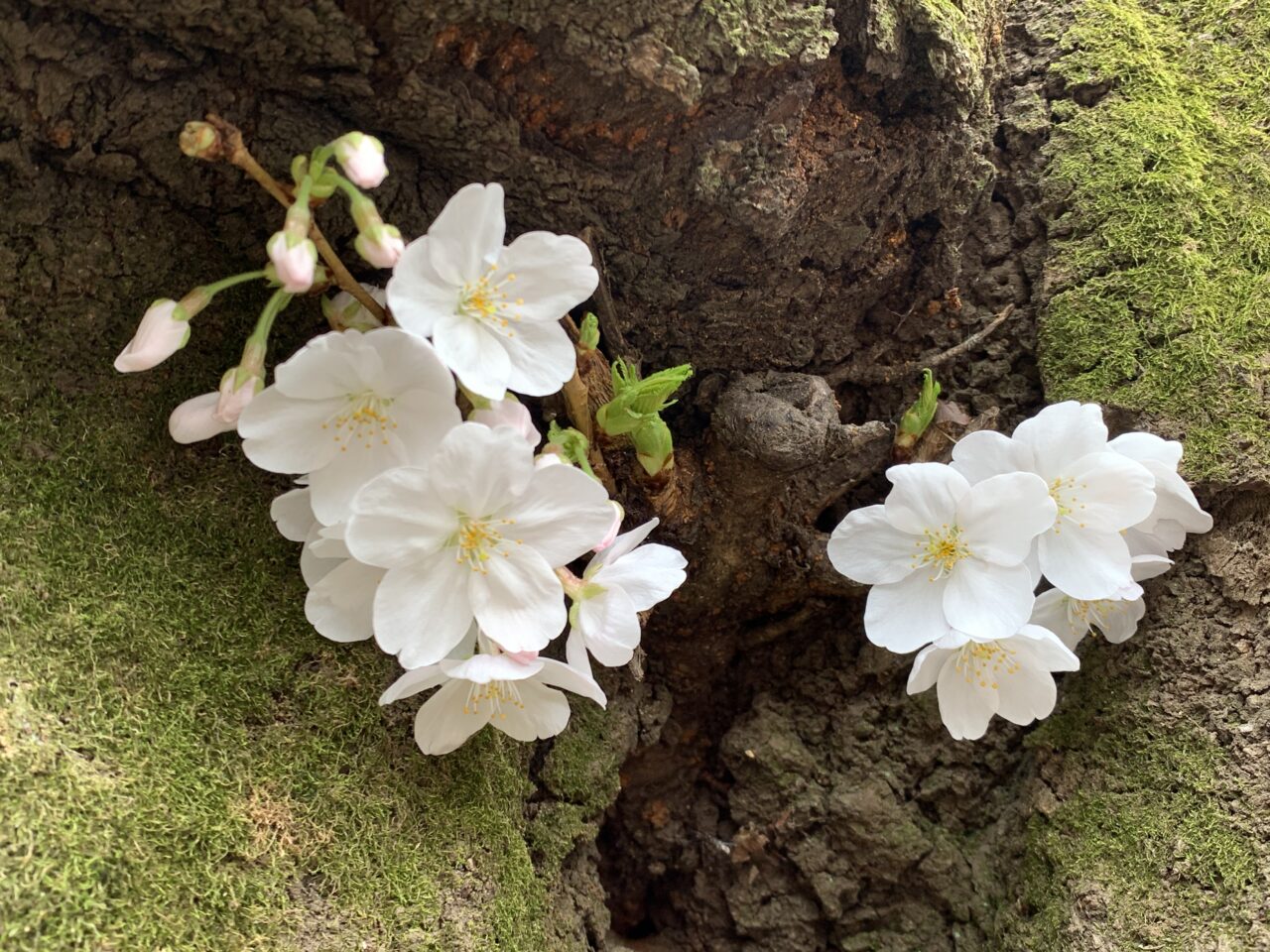The NINJA FOREST Interpretation of “Harmony is to be Valued.”

The phrase “Harmony is to be valued.” is written in Article 1 of the Seventeen-Article of the Constitution in the Chronicles of Japan. It has also become a proverb that expresses a spirituality that is essential to the Japanese. However, there are two main interpretations of this phrase. In this column, we will look at this phrase from both sides.
The first interpretation emphasizes the importance of maintaining harmony in a situation, and that individual patience is necessary to achieve harmony. The other interpretation is that it is necessary to have a process which allows each of us to put forth our ideas and discuss them sufficiently in order to maintain harmony.
I would say the first is that harmony is the “purpose” and the second is that harmony is the “result.”

Put simply, one could say the first interpretation looks at harmony as the “purpose”, while the second one views harmony as the “result.”
There are many interpretations of the word “harmony.”
If harmony is the purpose, there will always be someone kind-hearted who can read the air and put others before themselves and therefore may suppress their thoughts and opinions accordingly. It is still common for people with loud voices to dominate a place. It takes a lot of courage and energy to disagree and argue in that situation. In addition, many people may keep quiet to prevent a relationship from deteriorating. This approach can cause some people to build stress and simply walk away. Patience and perseverance are necessary in life, but it’s not a virtue to demand it from others.
The second view is to look at harmony as the result, and it is based on the generous view that each person thinks and feels differently.
In an age where people of diverse races and varying values are intersecting, it is impossible to know what another person likes or values unless we open up and talk to each other. Therefore, discussing ideas and understanding each other’s perspectives is an important path that leads to harmony. Harmony is a state where peace has been made as a result of discussion.
In fact, the 17th article, which is the counterpart of the 1st article, also states the importance of “discussing together without being arbitrary.”

it is most often those with small voices and little power who are forced to endure inharmonious situations. We believe that humanity has been seeking to achieve a world where everyone tries to understand each other regardless of their position or ideology.
Perhaps the world in which we live, which we should have learned about through our long history, has become the “valuable” world that the sages of the past held dear.





